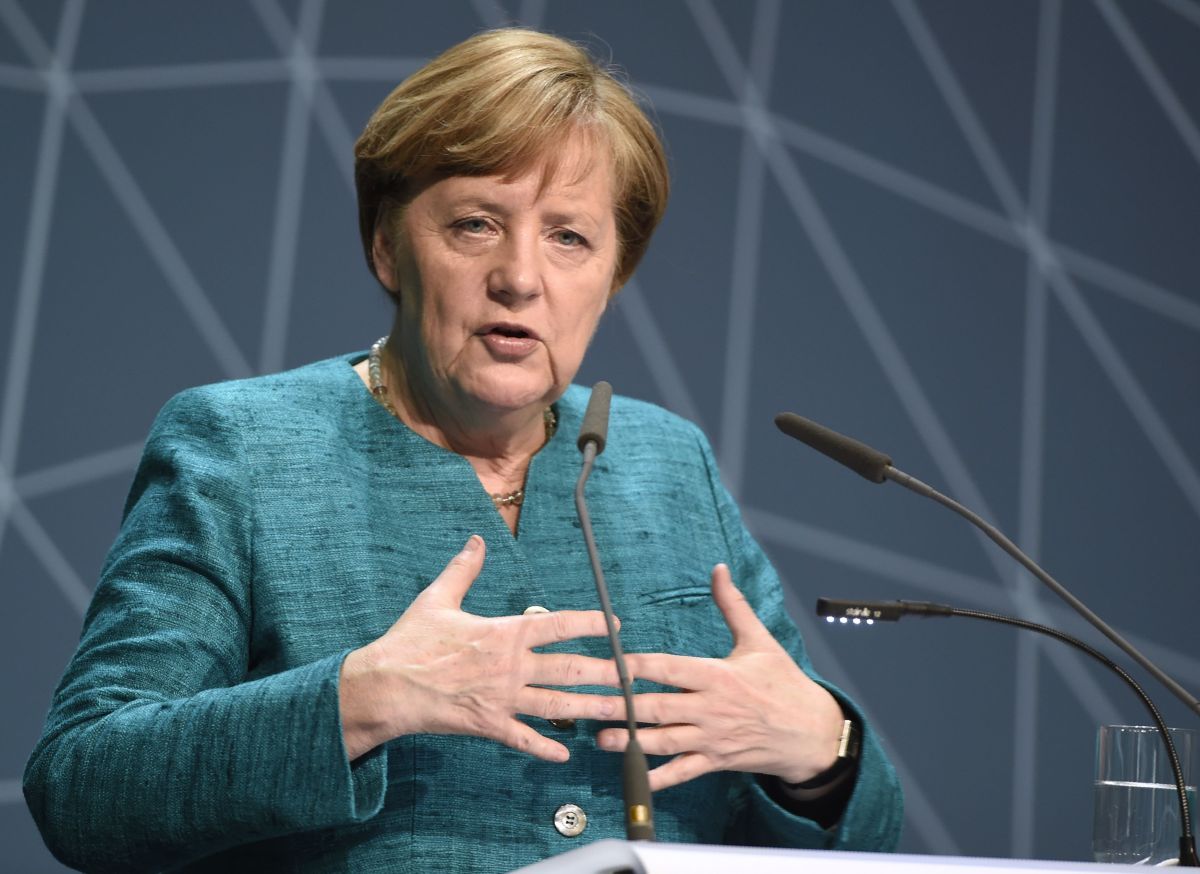
U.S. senators on Wednesday approved sanctions against Russia over alleged meddling in the 2016 U.S. election, including some on certain Russian energy projects. The move was not coordinated with European Union allies, as reported by Reuters.
German government spokesman Steffen Seibert said Merkel shares the concern expressed at the new sanctions by German Foreign Minister Sigmar Gabriel and Austrian Chancellor Christian Kern in a Thursday joint statement.
"The U.S. Senate's decision raises exactly the same questions for her as it did for Mr. Kern and Mr. Gabriel. It is, putting it mildly, a peculiar move by the U.S. Senate," Seibert told reporters.
He said it was "strange" that sanctions intended to punish Russia for alleged interference in the U.S. elections could also trigger penalties against European companies.
Read alsoSenate approves new sanctions on Russia, Iran in overwhelming vote – Washington Examiner"That must not happen," he said. "We generally reject sanctions with extra-territorial effects, meaning an impact on third countries," Seibert said.
Economy Minister Brigitte Zypries accused Washington of abandoning the established joint approach with Europe on sanctions against Russia, warning of possible counter-measures if Washington should end up fining German companies.
"I regret that the joint approach of Europe and the United States on Russia and sanctions has been undermined and abandoned in this way," Zypries told Reuters in an interview.
Zypries, a senior member of the center-left Social Democrats, said it remained to be seen if U.S. President Donald Trump would approve the senators' proposal to sanction European firms that take part in or finance energy projects like the Nord Stream 2 gas pipeline.
"If he does, we'll have to consider what we are going to do against it," Zypries added.
Among the firms that are involved in the Nord Stream 2 project are subsidiaries of Germany's chemicals maker BASF Group and power and gas distributor E.ON.

